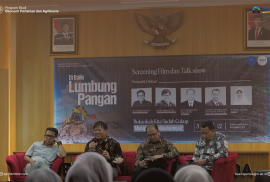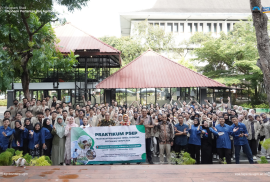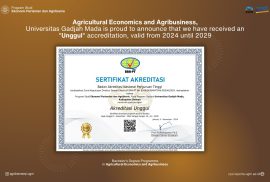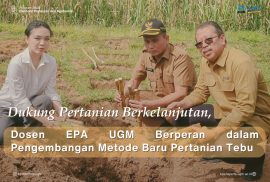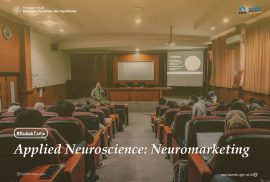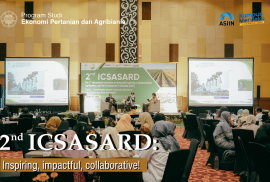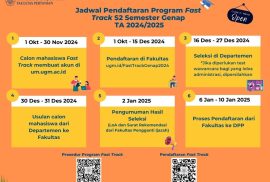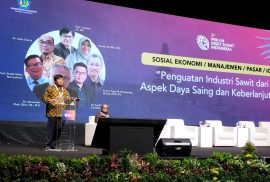Regina Claudia, an Agricultural Economics and Agribusiness Study Program student, is one of eight participants in the SUIJI-SLP Program representing UGM. The Six University Initiative Japan-Indonesia Service Learning Program (SUIJI-SLP) is a collaborative program between 3 universities in Indonesia (UGM, IPB, and Unhas) with 3 universities in Japan (Ehime University, Kagawa University, and Kochi University).
Regina said that the SUIJI program offers the opportunity to learn directly from the local community to understand their cultural values and lifestyles. “It turns out that learning Japanese culture directly from the Japanese people is mindful and meaningful!” she said.


